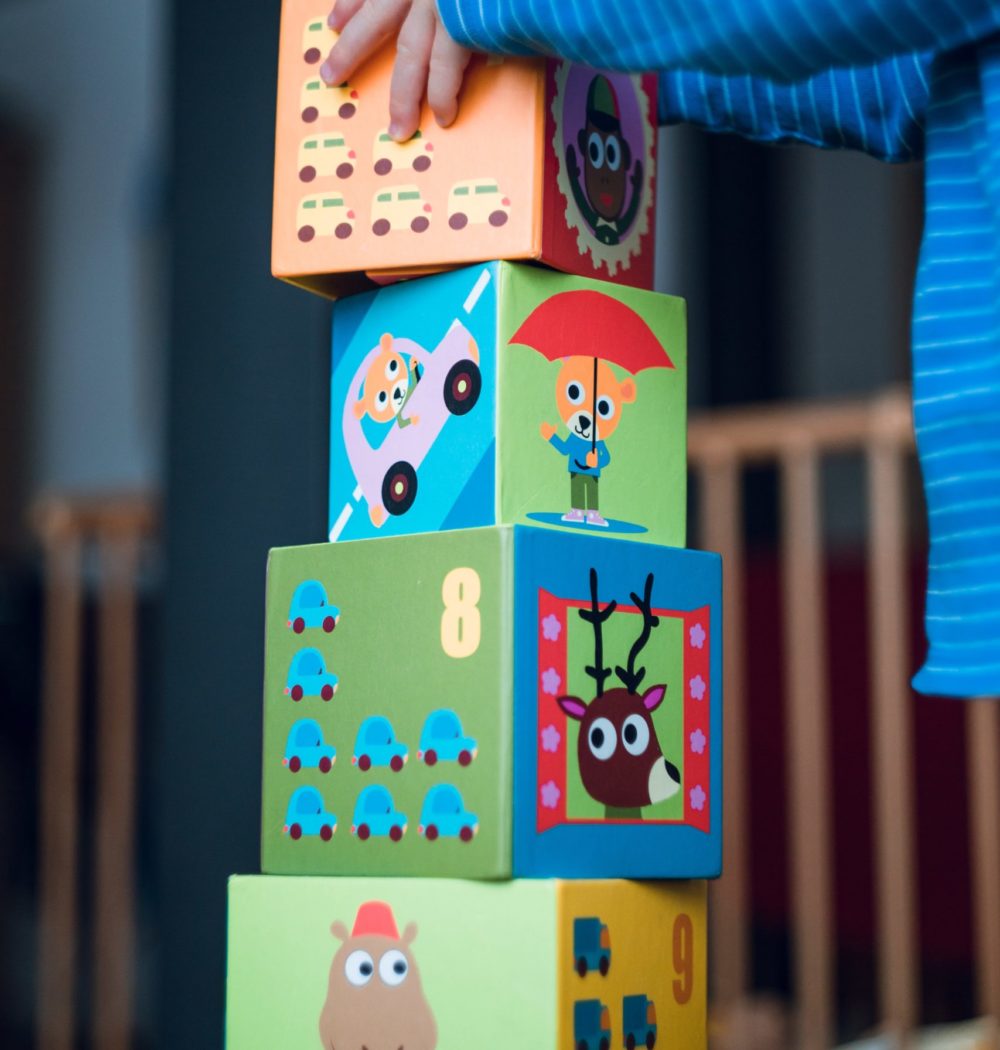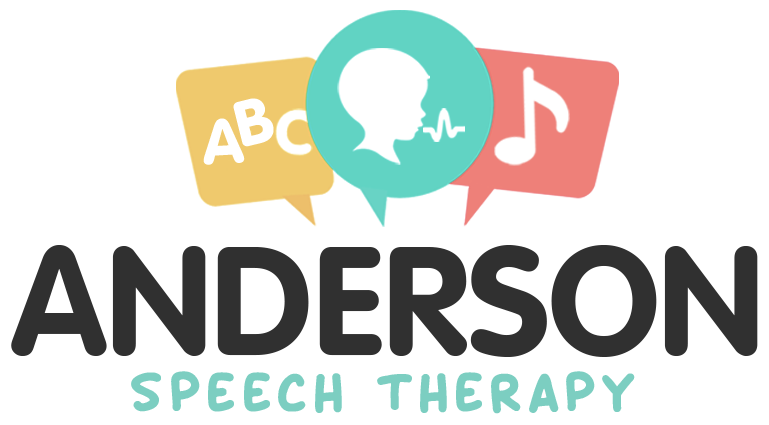
Questions are welcomed and encouraged!
Anderson Speech Therapy wants to provide you with as much information as we can within our scope of practice. Further, we recognize your dedication to playing a key role in your child’s development and success.
Does your child enjoy playing with others?
Pragmatic language or “social skills” is your child’s ability to use language with the purpose for a variety of meaningful communication attempts such as greeting, requesting, commenting, and engaging in communication through verbal and non-verbal cues.
From an infant, your child should be showing signs of wanting to be close to you, crying when they don’t have their needs met, and smiling with good eye contact.
As your child grows, social skills evolve into back and forth communication exchanges through simple cause-effect games, such as peek-a-boo and song.
Frustrations and tantrums decrease as your child learns to use meaningful action, words, and gestures to communicate. If words don’t come as quickly as expected, there are other forms of communication such as a picture-exchange system or communication device that can be implemented to bridge the language or speech delay.
As your child continues to grow they will be introduced to other children and adults in which they will learn to share, wait, ask, request, and stay within a group.
Excellent social skills are needed to make friends and function well in the community. Gestures, signs, actions, pictures, objects, devices…ALL of these things can be used to help your child’s social and cognitive communication.
If you suspect your infant or toddler may be behind in speech, language, cognitive, social, and/or emotional skills it is important to receive an evaluation as soon as possible. The more help your child receives early on, the more likely he or she will benefit from therapy.

